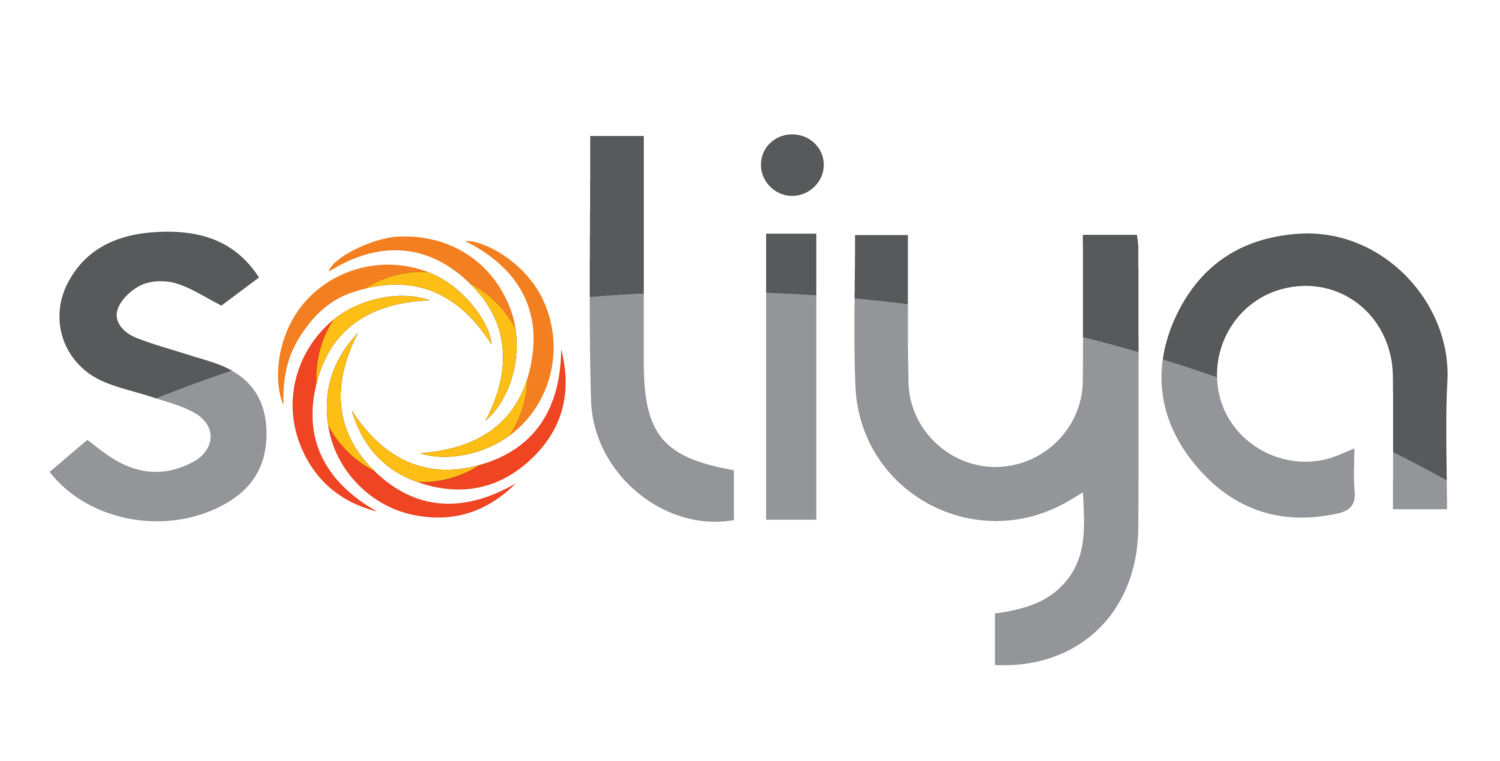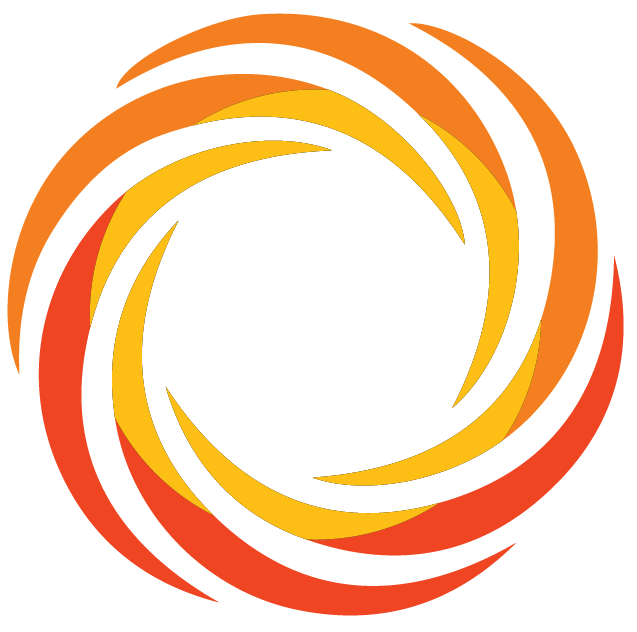Alumna On Building Skills and Solidarity Through Virtual Exchange
The American University of Sharjah (AUS) is an independent, non-profit, coeducational institution of higher education formed on the American liberal arts model. It was founded in 1997 by Sheikh Dr. Sultan bin Muhammad Al-Qasimi, the ruler of the Emirate of Sharjah and a member of the Federal Supreme Council of the United Arab Emirates. The university has been offering the Connect Program since 2006.
In April 2021, AUS students and faculty spoke with Soliya team members Salma, Nahid, Asma, and Tyler about their virtual exchange experience. The interviews have been edited for length and clarity.
Sarah Al Qaysi, Connect Program Alumna, American University of Sharjah
I’m an Iraqi living in the UAE; I moved with my family when I was 5 years old. I’m studying Architecture at the American University of Sharjah.
How was your experience in the Connect Program? I participated in the Connect Program during my first online semester while we were in lockdown. A big chunk of my history course was a part of it. Seeing people from all over the world sharing their lockdown experiences, and knowing that I wasn’t alone, was very helpful during a tough time.
My group was very diverse. I met students from Denmark, the United States, and Tunisia. All from different backgrounds. We mostly shared the same age, but each one of us had different perspectives. Having to meet people from different parts of the world was so useful and it allowed me to be more open. It was the first time I ever had an experience like this. We built a bond over time.
Even though I have social media, I never engaged in deep or meaningful conversations on wars or their impact. I started the Connect Program with concerns about how people might think of me or how they’ll put their views on me. I was worried about the prejudices. Later I realized they were just my thoughts, not theirs.
What was it like engaging with your international peers in an online space? Despite being in the UAE where there’s a very diverse society, engaging with international peers in an online space was different. My closest friends and most of my high school classmates do not necessarily share my nationality, but they are Arabs like me. Even though I have social media, I never engaged in deep or meaningful conversations on wars or their impact. I started the Connect Program with concerns about how people might think of me or how they’ll put their views on me. I was worried about the prejudices. Later I realized they were just my thoughts, not theirs.
What makes virtual exchange and your experience in the Connect Program unique? Virtual exchange is very unique because study abroad programs can make one remain focused on oneself. Your environment is different but you remain in your own bubble. This can actually make you more attached to your perspective. If we talk about immigrants, we talk with family and friends who will share similar views. It is different to talk about immigration with immigrants or hear the perspective on immigration from American peers.
What has been your favorite moment? My favorite moment was having the opportunity of sharing memories from my childhood about the war. I was five years old when we left Iraq right after the war when we were attacked by the United States. I had groupmates from the United States. I was honestly surprised by their reaction. I shared with my group how we sheltered ourselves, and how my mother used to put cotton pads in our ears to protect our ears from the sound of explosions of nearby bombs. I shared everything in detail.
They were very supportive. They wanted to hear more about how I felt and showed great empathy. They said I was brave. They said that it was the very first time they heard the other side of the story from an Iraqi person who went through the war. Over time we became closer. I believe we share a special bond. The moments of laughter were special, chatting and connecting with each other. I realize that these are actually people that I would like to know and who I connect with on a deeper level.
How will you use your experience with the Connect Program in the future? How do you think it might help you in your future professional or personal life?
The most important skill I learned is active listening. When we have dialogues, we listen before we respond. If someone wants to speak before me, I learned to be more patient and respectful. I learned to speak slower in an online medium when connection issues may occur.
As a future architect, I will get to learn about my clients and their backgrounds before I design something for them. I can conduct one-to-one sessions to listen and learn more about their preferences, and won’t force my perspective.
I’m an Arab Muslim who doesn’t wear the hijab. They thought something was missing. I explained that although our religion advises women to wear a veil, in the end, we have the right to wear it or not. I explained how my family didn’t force me and then they understood more about how it’s a choice for me.
Have you noticed any changes in the way you perceive your international peers after participating in the Connect Program?
I think I stopped having pre-assumptions and pre-judgmental thoughts. I learned that they DON’T know what I know. I became more open with people who are from different backgrounds and eager to have conversations with them and form friendships.
What are some of the common misconceptions you believe your international peers may have had about you? Did that change during the program? I believe my peers had a misconception about my appearance. I remember during an early session we talked about religion. I’m an Arab Muslim who doesn’t wear the hijab. They thought something was missing. I explained that although our religion advises women to wear a veil, in the end, we have the right to wear it or not. I explained how my family didn’t force me and then they understood more about how it’s a choice for me.
What advice would you give future Connect Program participants?
Be respectful and understanding. Don’t have any assumptions, don’t think that they will judge you. Trust me, you just don’t know each other and you just need to know them. Mine was a great experience and it’s very important to have. Everyone at least once should practice virtual exchange; it does make you a more open and accepting person.
Interested in exploring the world, sharpening your skills, or advocating for your community? Learn more


